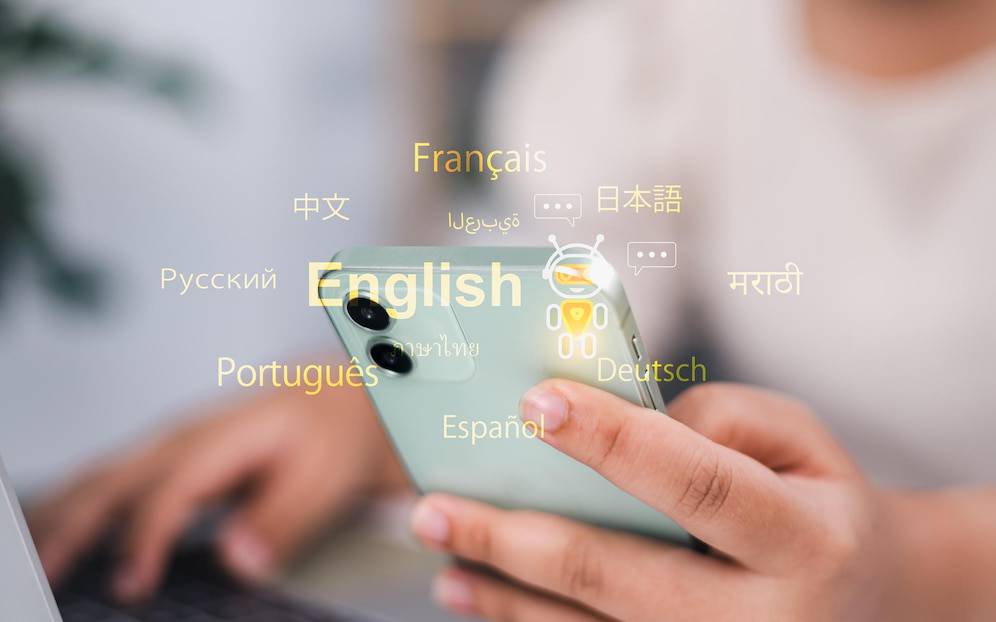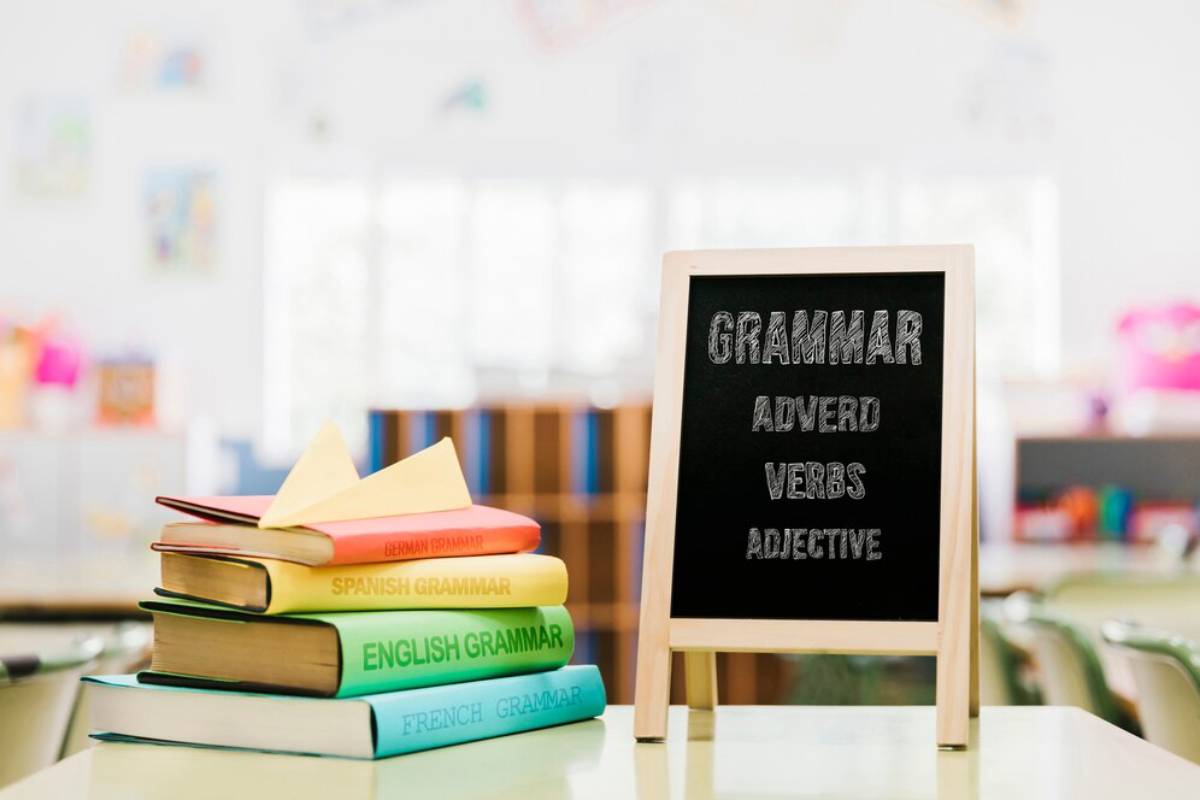
Best Apps for Improving Language Pronunciation
You’ve memorised the vocabulary. You understand the grammar. But when it’s time to speak, your tongue twists, and your accent takes over.
Sound familiar?
Pronunciation is one of the hardest parts of learning a new language. It’s not just about knowing the words — it’s about making them sound natural, clear, and confident. That’s where pronunciation apps and speech training tools come in.
With the right tools, you can train your ear, practise tricky sounds, and even get feedback from AI or native speakers. In this guide, we’ll explore the best apps that help you master pronunciation — whether you’re just starting out or polishing your accent for fluency.
Why Pronunciation Practice Matters
Clear speech = confident communication.
Pronunciation helps you:
- Be understood easily in conversations
- Build trust and connection with native speakers
- Train your ear to recognise sounds more quickly
- Develop rhythm, stress, and intonation — the music of a language
Fluency isn’t just about speaking fast. It’s about speaking well.
What Makes a Great Pronunciation App?

Not all apps are created equal. Look for apps that offer:
- Voice recognition feedback
- Native speaker models
- Practice with tricky sounds
- Custom drills or lessons
- Visual guides for mouth and tongue placement
Bonus points for gamified experiences or personal progress tracking.
Top Pronunciation Apps for Language Learners
1. Elsa Speak
Best for: Real-time AI feedback and American English pronunciation
Elsa Speak uses artificial intelligence to give you instant corrections. You speak a word or phrase, and the app tells you what you said right and where you need work.
Key Features:
- Detailed pronunciation scoring
- Breakdown of vowels, consonants, rhythm, and stress
- Daily lessons and topic-based practice
Use the voice comparison tool to mimic native speakers’ line by line.
2. Speechling
Best for: One-on-one feedback from real coaches
Speechling goes beyond apps by pairing you with a native-speaking coach who gives feedback on your recordings.
Highlights:
- Submit unlimited recordings for feedback
- Audio flashcards for listening and repeating
- Support for Spanish, French, Chinese, German, and more
You can practise both speaking and listening in the same session.
3. Forvo
Best for: Hearing words spoken by real people around the world
Forvo is a pronunciation dictionary where native speakers upload audio clips of words and phrases in their language.
Perks:
- Hear different accents and regional variations
- Search any word and get multiple audio results
- Download clips to use offline
Try this: Compare the same word spoken in Paris vs. Quebec or Madrid vs. Buenos Aires.
4. LingQ
Best for: Combining reading and listening for pronunciation
LingQ helps you improve your pronunciation by immersing you in written and audio content. You listen while reading, and shadow what you hear.
Features:
- Audio + text alignment for better listening
- Option to record and compare your pronunciation
- Huge content library: podcasts, books, and articles
Read out loud while listening for stronger rhythm and flow.
5. Pimsleur
Best for: Audio-based immersion with a focus on speaking clearly
Pimsleur is a classic language program with a strong focus on pronunciation and spaced repetition.
Why it works:
- Built-in speaking prompts
- Audio-only lessons — no screens needed
- Ideal for commuters and multitaskers
You’ll hear a phrase, repeat it, and get guided pronunciation tips — all from your phone.
6. Sounds: The Pronunciation App (by Macmillan)
Best for: Learning the IPA and English sounds
This app teaches you the International Phonetic Alphabet (IPA), helping you understand every sound in English.
Features:
- Interactive IPA chart
- Practice exercises for each sound
- Audio recordings and quizzes
Understanding IPA is the key to mastering pronunciation long term, especially if you’re an English learner.
7. Glossika
Best for: Building rhythm and flow in full sentences
Glossika trains you to speak by repeating full sentences. It’s less about single words and more about mastering grammar, rhythm, and tone.
Perks:
- Focuses on sentence structure and cadence
- Thousands of native speaker recordings
- Auto-spacing and review intervals for memory
Perfect for intermediate learners looking to polish their accent in real speech.
How to Use These Apps Effectively

1. Record Yourself Often
Use the app daily and review your recordings. You’ll spot habits you weren’t aware of.
2. Practice One Sound at a Time
Isolate tricky sounds (like R, TH, or rolled Rs) and drill them for a few minutes a day.
3. Shadow Native Speakers
Listen, pause, repeat — word for word. Mimic the flow, not just the sounds.
4. Set a Daily Pronunciation Goal
Even 10 minutes a day can lead to massive gains over time.
Real-Life Story: How Daniel Fixed His Spanish Pronunciation
Daniel, 28 – Engineer from Manchester
Daniel was learning Spanish but struggled with rolling his Rs and using proper stress. He downloaded Elsa Speak and Speechling to get daily feedback.
“I practised five minutes each morning before work,” he said. “After 3 weeks, my tutor noticed a huge improvement.”
Now Daniel speaks more confidently and even helps others improve their pronunciation.
Common Mistakes to Avoid
- Not recording yourself – Feedback is key to progress
- Skipping difficult sounds – Practise what feels hard
- Focusing only on vocabulary – Pronunciation matters too
- Trying to be perfect – Aim for clarity, not perfection
- Ignoring rhythm and tone – These carry meaning too
Conclusion: Speak Clearly, Be Understood
Pronunciation isn’t just about sounding native. It’s about being heard, feeling confident, and communicating effectively.
With the right pronunciation apps and consistent practice, you can improve faster than you think — even in just a few minutes a day.
So pick an app. Press record. Practice a sound today.
Your accent journey starts with one clear word.


